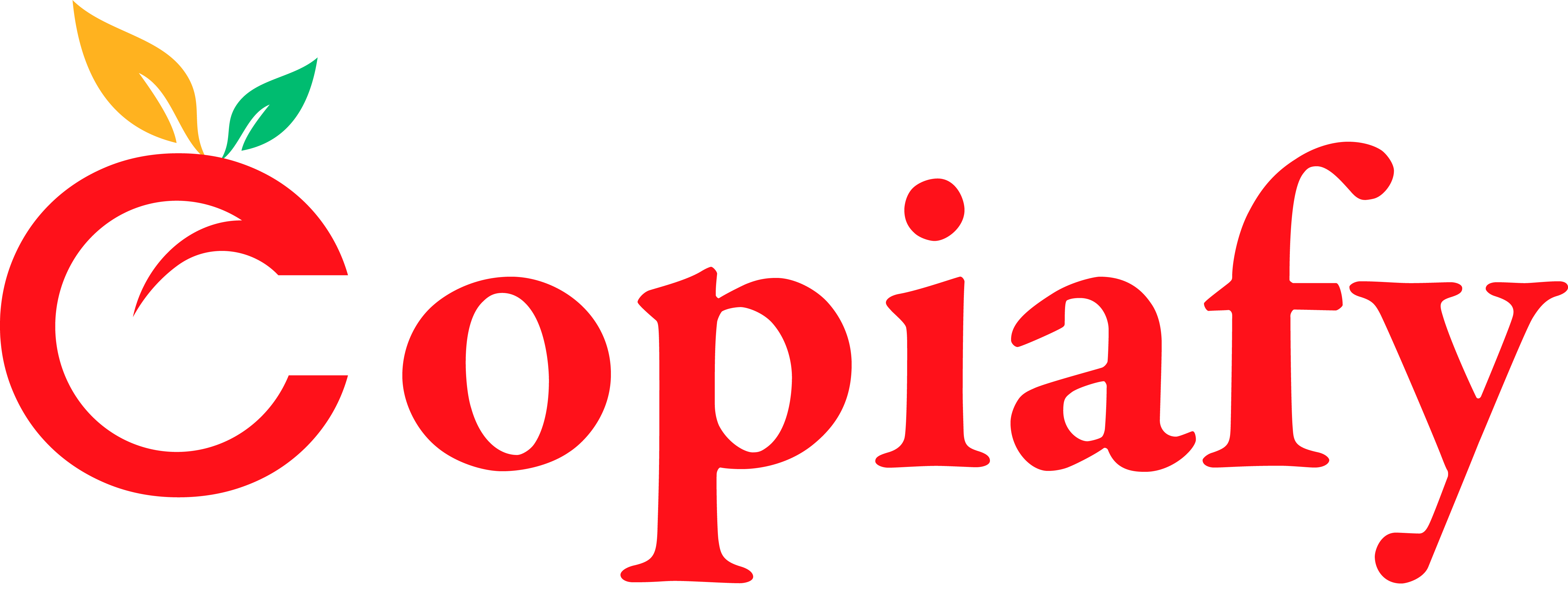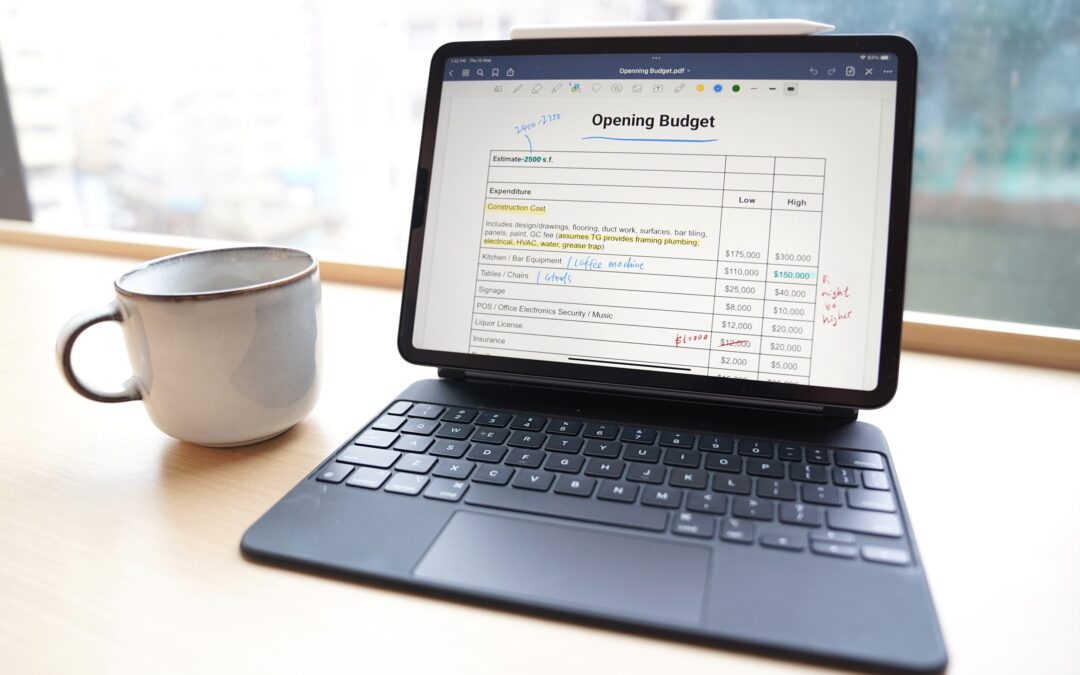
Table of Contents
Unpacking the Pros and Cons for Informed Financial Choices

Unpacking the Pros and Cons for Informed Financial Choices

We think it’s important for you to understand how we make money. It’s pretty simple, actually. The offers for financial products you see on our platform come from companies who pay us. The money we make helps us give you access to valuable tools and educational materials.
Compensation may factor into how and where products appear on our platform (and in what order). But since we generally make money when you find an offer you like and get, we try to show you offers we think are a good match for you. That’s why we provide features like personalized recommendations and savings estimates.
Of course, the offers on our platform don’t represent all financial products out there, but our goal is to show you as many great options as we can.
Consumer debt is a financial reality for many, but understanding its implications is crucial for making informed decisions. In this article, we’ll explore the pros and cons of consumer debt, helping you navigate this financial landscape with awareness and responsibility.
- Immediate Purchasing Power:
Consumer debt provides immediate purchasing power, allowing individuals to make essential purchases or investments without having to wait until they have saved up the entire amount.
- Convenience in Emergencies:
In emergency situations, consumer debt can serve as a financial safety net. Whether it’s unexpected medical expenses or urgent home repairs, having access to credit can provide a quick solution to pressing financial needs.
- Building Credit History:
Responsible management of consumer debt, such as credit cards or installment loans, can contribute positively to your credit history. A healthy credit history is essential for securing favorable interest rates on future loans, including mortgages and car loans.
- Interest Charges:
One of the significant drawbacks of consumer debt is the interest charges that accrue over time. High-interest rates on credit cards, for example, can lead to substantial additional costs, making purchases more expensive in the long run.
- Risk of Overextending Finances:
Relying too heavily on consumer debt can lead to overextending your finances. Juggling multiple monthly payments can strain your budget and may result in financial stress if not managed carefully.
- Impact on Credit Score:
Missed or late payments on consumer debt can negatively impact your credit score. A lower credit score may limit your ability to secure favorable interest rates in the future and can even affect your eligibility for certain housing or job opportunities.
- Budget Wisely:
Create a realistic budget that outlines your income, expenses, and savings goals. This helps you allocate funds responsibly and avoid excessive reliance on consumer debt.
- Prioritize High-Interest Debt:
If you have multiple sources of consumer debt, prioritize paying off high-interest debt first. This reduces the overall cost of borrowing and can free up more money for other financial goals.
- Emergency Fund:
Build and maintain an emergency fund to address unexpected expenses without resorting to consumer debt. Having a financial safety net can prevent the need for borrowing in times of crisis.
Consumer debt can be a helpful tool when managed responsibly, but it comes with potential pitfalls that require careful consideration. By weighing the pros and cons, budgeting wisely, and prioritizing responsible financial habits, individuals can make informed choices about consumer debt that align with their overall financial well-being. Remember, it’s not about avoiding debt entirely, but about using it judiciously to achieve your financial goals.
Unpacking the Pros and Cons for Informed Financial Choices

Learn more about debt and financial planning with Copiafy www.copiafy.com.


